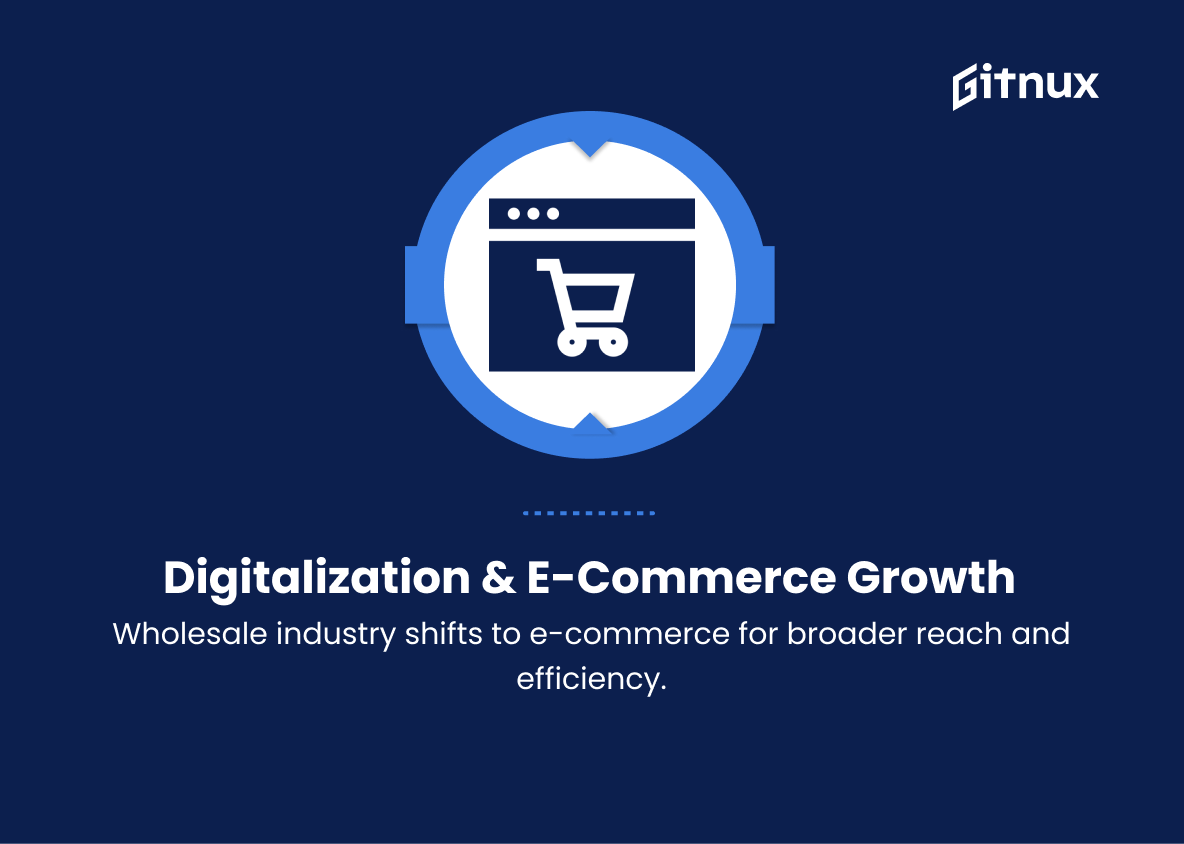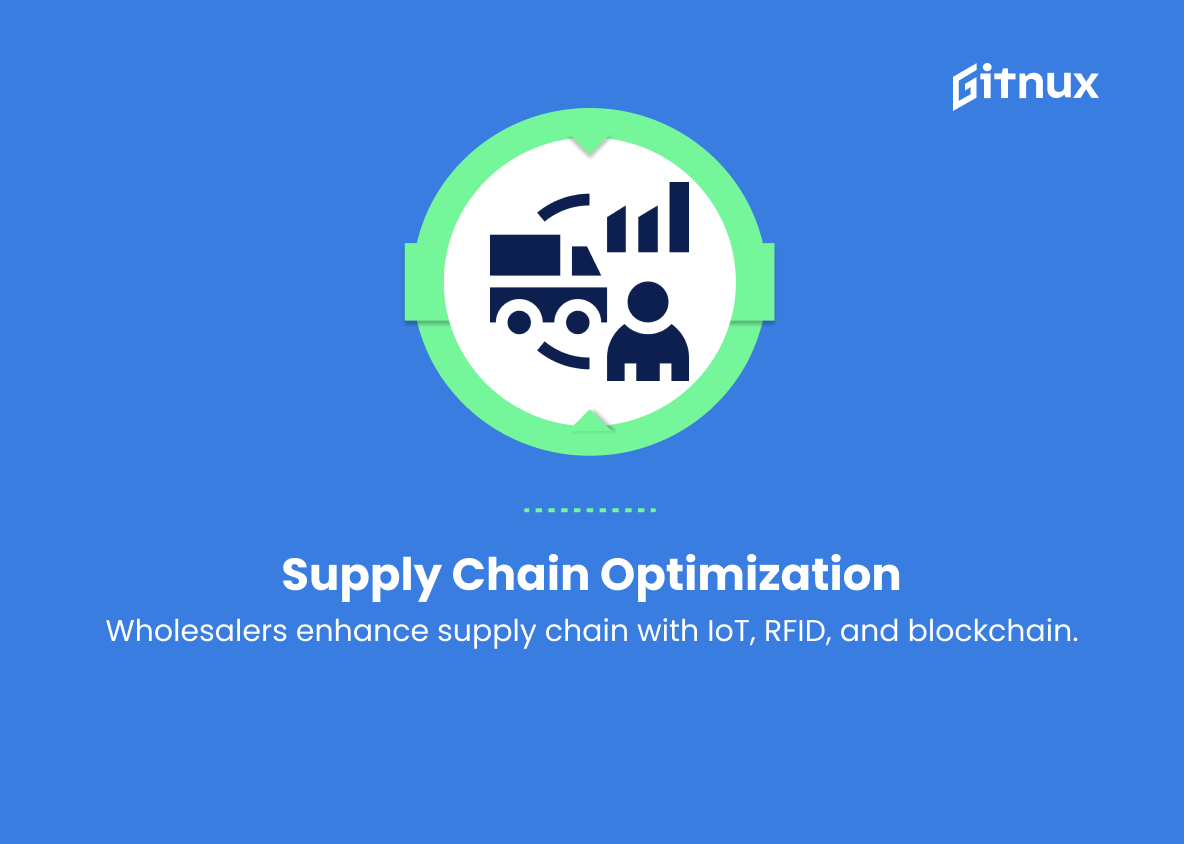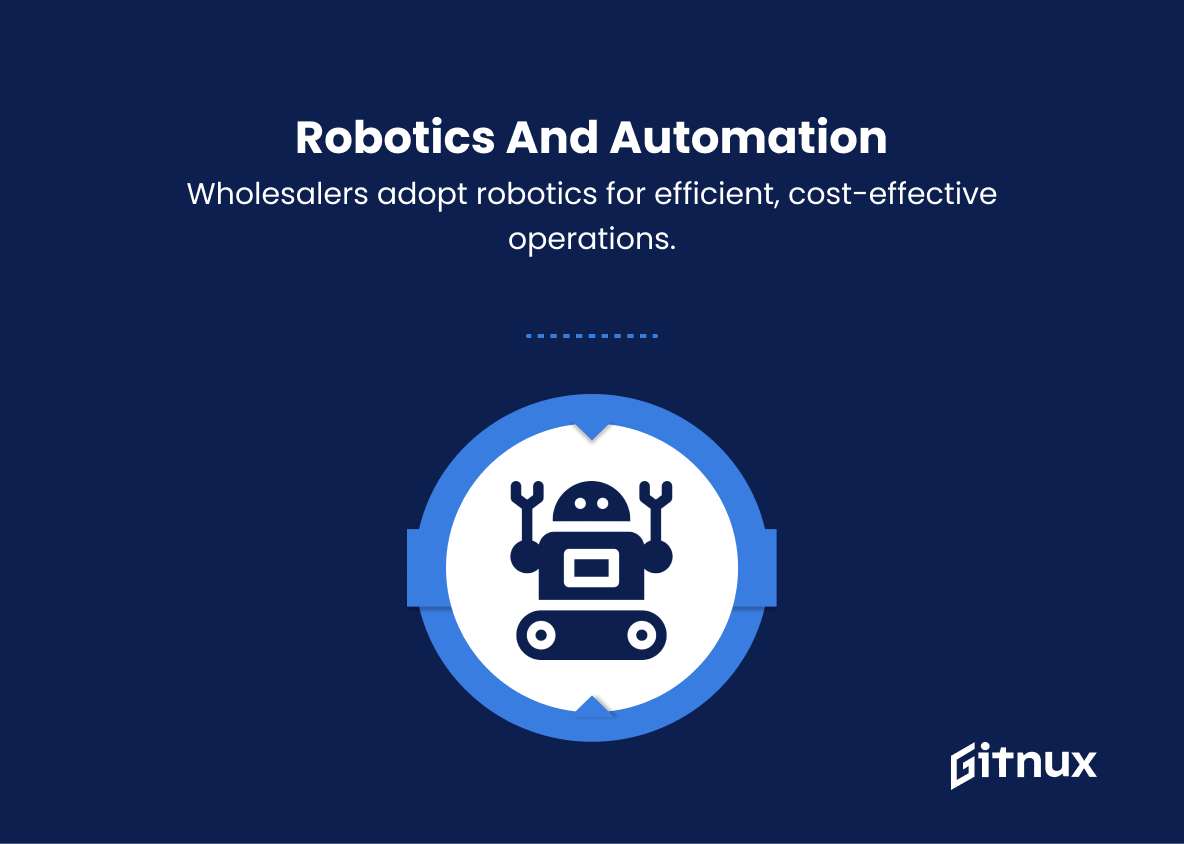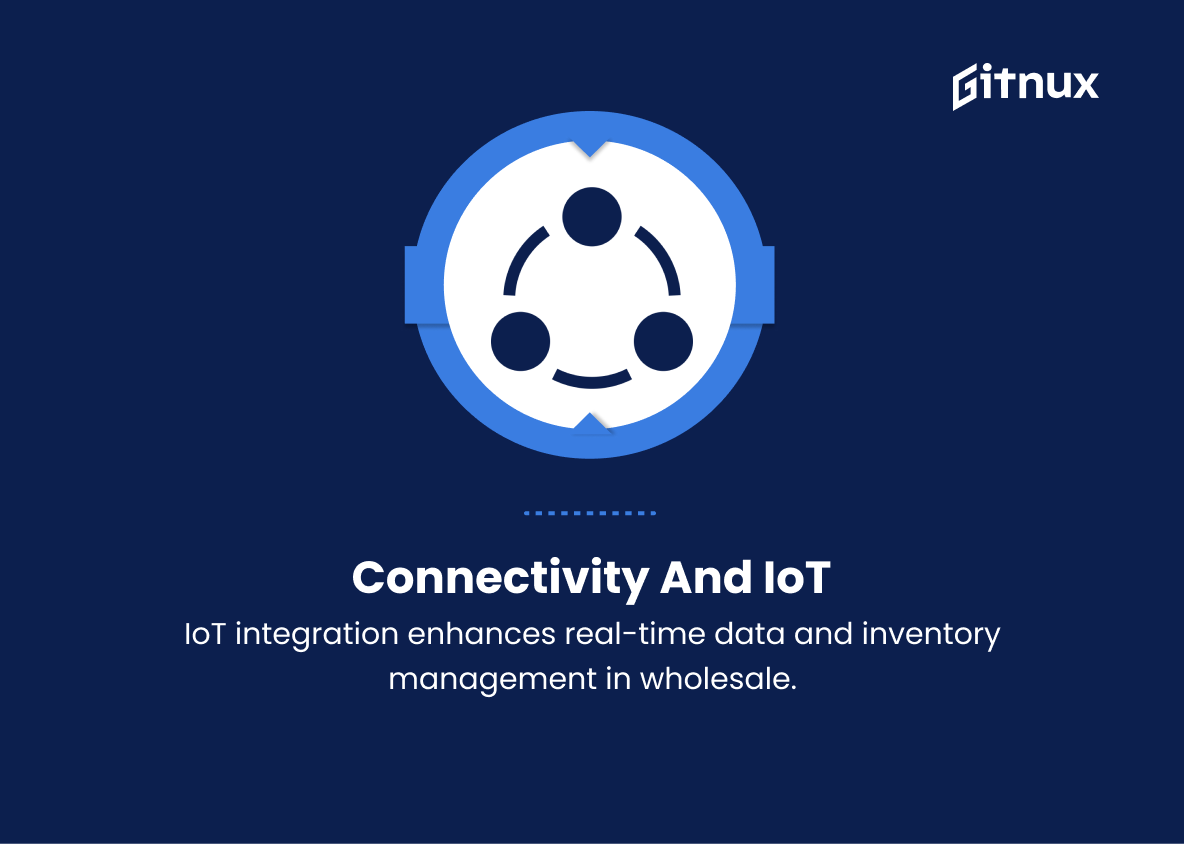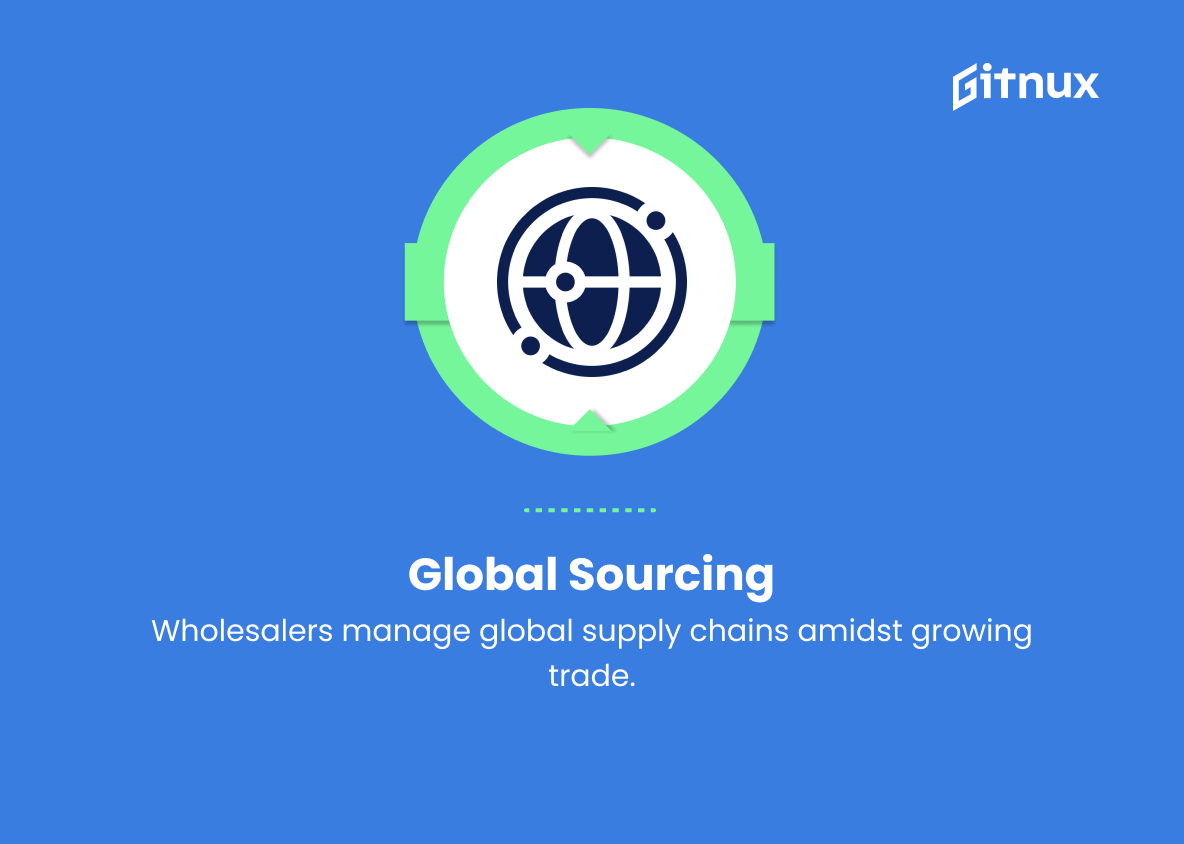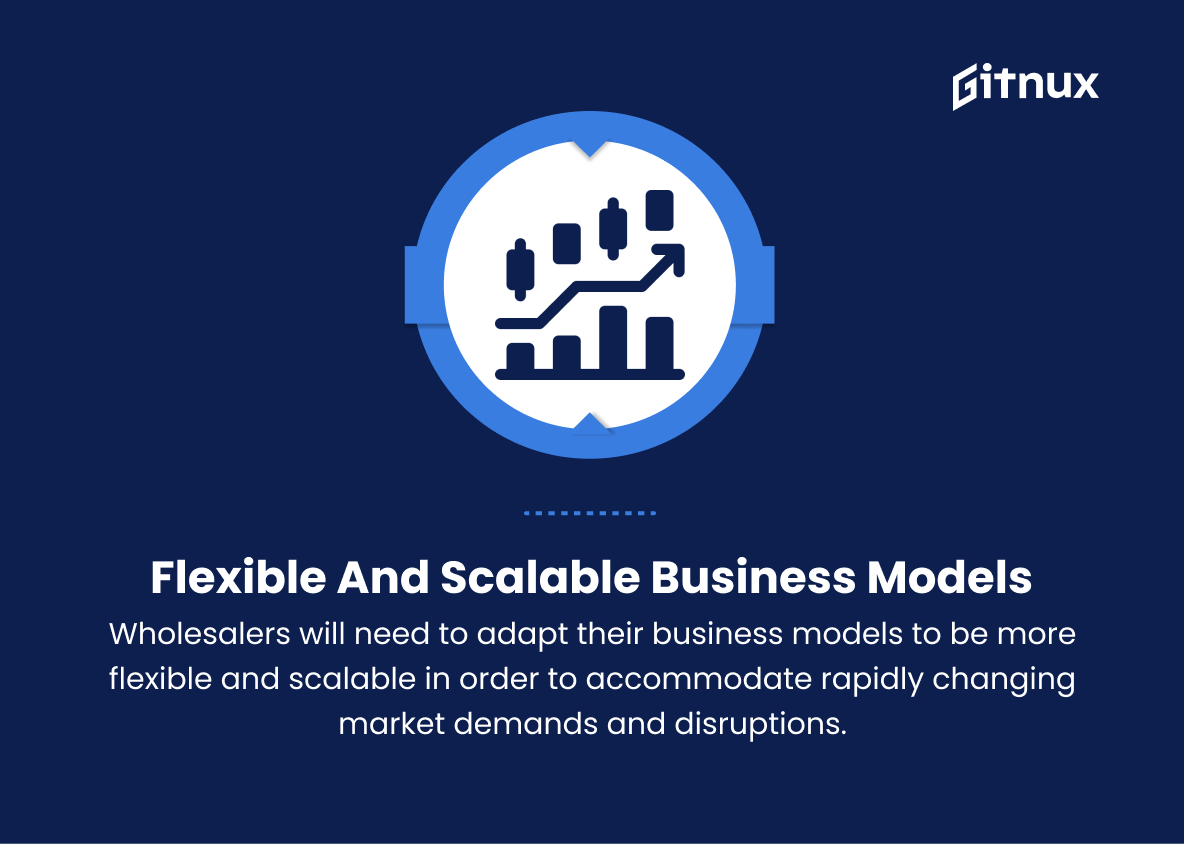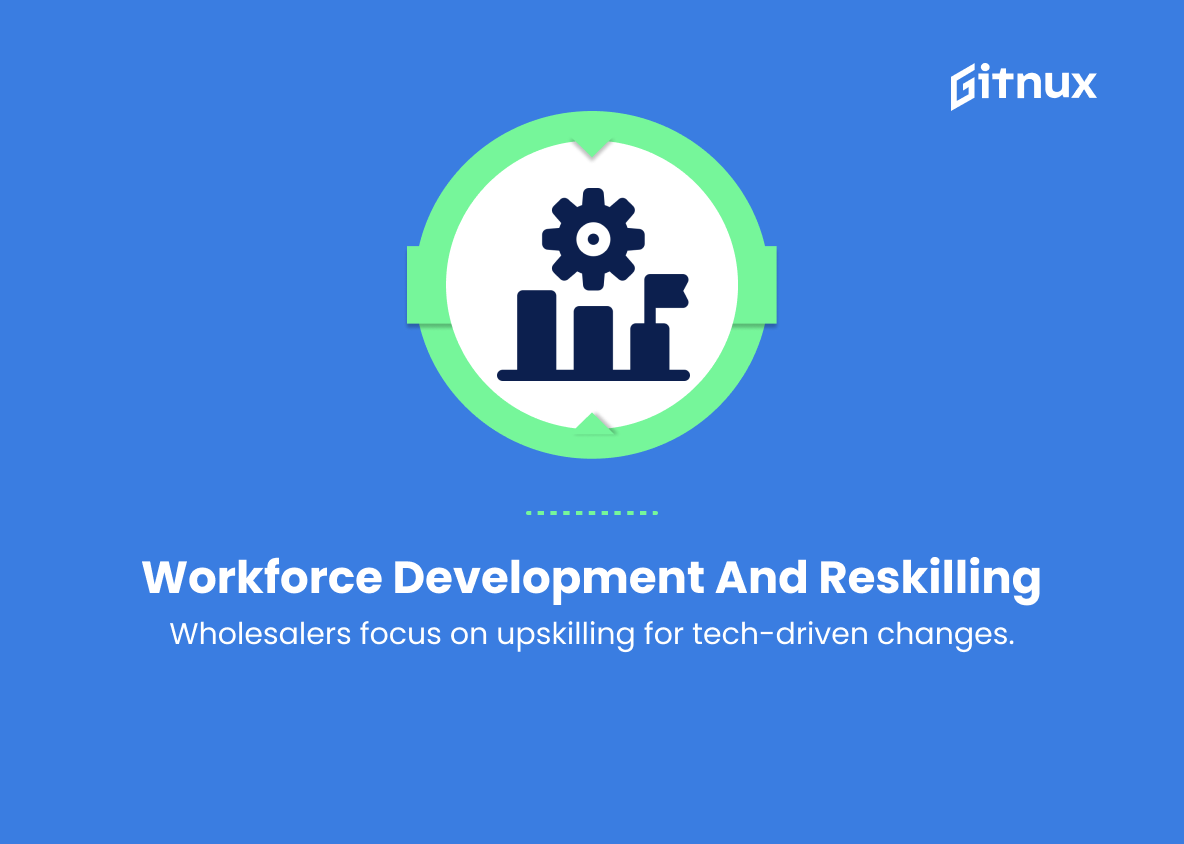In the ever-evolving world of commerce, the wholesale industry continues to experience significant shifts and transformations. As global markets expand and technology advances, wholesalers must be agile, proactive, and innovative to find success in this competitive landscape.
In this insightful blog post, we delve into the most notable trends shaping the wholesale industry today. By analysing these developments, businesses can stay ahead of the curve, adapt to changes, and optimize their strategies for sustainable growth. Join us as we explore the future of wholesale and navigate the challenges and opportunities that lie ahead.
Top Wholesale Industry Trends
1. Digitalization and e-commerce expansion
As more businesses adopt digital platforms, the wholesale industry is embracing e-commerce as a primary sales channel, enabling them to reach a wider range of customers, improve order processing, and reduce manual errors.
2. Advanced analytics and data-driven decision-making
Wholesalers are increasingly using advanced analytics, big data, and AI to optimize their operations, target their marketing efforts, and develop data-driven strategies to stay ahead of their competitors.
3. Supply chain optimization
Wholesalers will focus on improving their supply chain efficiencies by adopting advanced technologies such as IoT, RFID, and blockchain to track inventory, reduce costs, and ensure faster and more accurate deliveries.
4. Robotics and automation
The adoption of robotics and automation technology will increase in warehouses and distribution centres, helping wholesalers to streamline operations, reduce labour costs, and improve overall productivity.
5. Customization and personalization
Wholesalers will offer more customized and personalized products and services to cater to the diverse needs of their buyers, thus adding value to their offerings and building stronger customer relationships.
6. Sustainability and eco-friendly practices
As environmental concerns become more pressing, the wholesale industry will increasingly adopt sustainable practices, such as sourcing eco-friendly products and reducing waste in packaging and transportation.
7. Connectivity and IoT
The Internet of Things (IoT) will increasingly be integrated into wholesale operations to enable real-time data exchange, streamline inventory management, and improve overall efficiency.
8. Direct-to-consumer sales
To remain competitive, many wholesalers will begin selling their products directly to consumers, bypassing traditional middlemen and enabling them to provide better pricing and customer experience.
9. Global sourcing
Wholesalers will continue to source products and materials from around the world, and as global trade continues to grow, wholesalers will need to find ways to effectively manage their global supply chains and mitigate risks.
10. B2B customer experience enhancement
Wholesalers will invest in improving their B2B customer experience by offering a more user-friendly online interface, incorporating AI-driven chatbots, and providing more personalized sales assistance to clients.
11. Emerging technologies
New technologies such as 3D printing, augmented reality, and virtual reality will reshape the wholesale industry by creating new opportunities, improving product demonstrations and training, and enabling remote collaboration among teams.
12. Mergers and acquisitions
In order to consolidate their market position, increase their product offerings, and expand into new markets, wholesalers will be looking into strategic mergers and acquisitions.
13. Flexible and scalable business models
Wholesalers will need to adapt their business models to be more flexible and scalable in order to accommodate rapidly changing market demands and disruptions.
14. Omni-channel strategy
Wholesalers will adopt an omni-channel approach to sales, combining offline and online channels to provide a seamless and unified customer experience.
15. Workforce development and reskilling
As technology continues to transform the industry, wholesalers will place greater emphasis on workforce development and reskilling to ensure employees are equipped with the necessary skills to adapt to the changing landscape.
Implications
Wholesale industry trends, such as digitalization and e-commerce expansion, advanced analytics, and data-driven decision-making, are propelling the sector to adapt and innovate in a rapidly changing market. The integration of technologies like IoT, robotics, automation, and emerging technologies like 3D printing, augmented reality, and virtual reality, are streamlining operations and creating new opportunities.
A focus on supply chain optimization, global sourcing, and risk management ensures improved efficiencies and cost reductions. The adoption of eco-friendly practices demonstrates a growing commitment to sustainability. Wholesalers are increasingly catering to customer needs by offering customized and personalized products, services, and enhanced B2B customer experiences through improved interfaces, AI-driven chatbots, and tailored sales assistance.
Embracing omni-channel strategies and direct-to-consumer sales allows wholesalers to remain competitive and provide seamless, unified customer experiences. Mergers and acquisitions will consolidate market positions, expand product ranges, and facilitate entry into new markets. To thrive in this evolving landscape, wholesalers must develop flexible and scalable business models and invest in workforce development and reskilling of employees, equipping them with the necessary skills to navigate the industry’s transformation.
Conclusion
In conclusion, the wholesale industry is continuously evolving, driven by technological advancements, shifting consumer preferences, and global economic changes. Staying updated on the latest trends, such as digital transformation, AI, and data analytics in supply chain management, sustainability, and the rise of D2C business models, is vital for anyone involved in this sector.
Adapting to these trends will not only help wholesalers remain competitive, but also ensure long-term success and growth. By staying proactive and strategic with the implementation of new business practices and technology in response to emerging trends, wholesalers can look forward to a promising and exciting future that will reshape the industry for the better.
